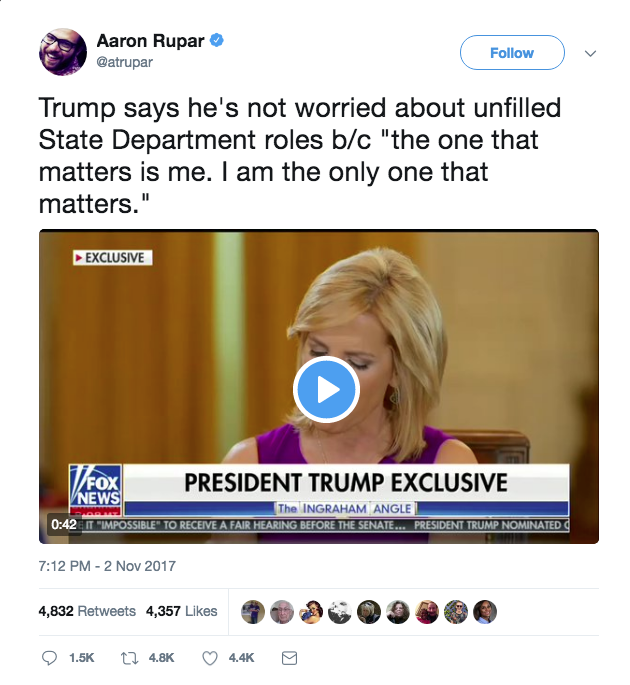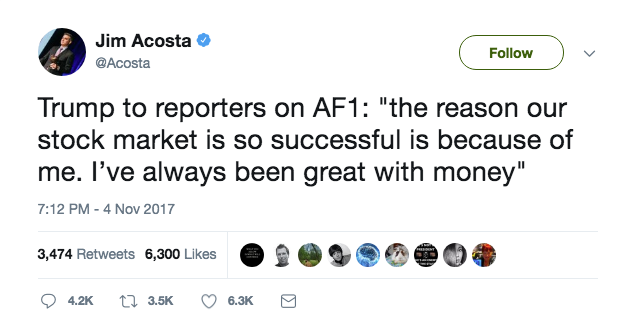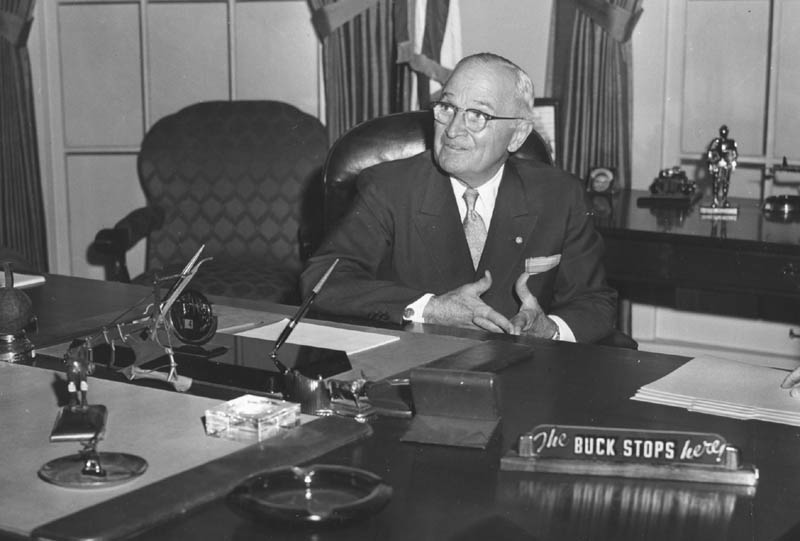January 29, 2008 by lonbud
Out With A Whimper
So long as we continue to trust the people, our nation will prosper, our liberty will be secure and the state of our union will remain strong.
— George W. Bush, Final State of the Union Speech, Jan. 28, 2008
Liberalism is trust of the people tempered by prudence. Conservatism is distrust of the people tempered by fear.
— William Gladstone, 4 time Prime Minister of Great Britain
I can imagine the great Ronald Reagan, he of blessed memory, listening to Mr. Bush last night and wagging his great jowly head, saying, “there you go again, George…”
Last night the 43rd President of the United Sates of America gave his final State of the Union address to a joint session of Congress –and a nation of people who hold him in lower esteem, who watched him in fewer numbers, than at any time in his presidency. His hour-long address was largely a compendium of tepid bromides and insincere paeans to the “collective wisdom of ordinary citizens.” It made me — keeping a seven-year streak unblemished — sick to my stomach.
The New York Times had this morning a handy image that parses some key words Mr. Bush has used in his State of the Union addresses over the years. At the bottom is a chart of his approval ratings throughout his tenure in office.
Not surprisingly, last night he made more references to issues of terrorism and foreign affairs than of domestic affairs or taxes and the economy. Iraq got more mentions than ever. Social Security, a centerpiece of his 2005 address, in which he laid out his “bold agenda” for reinventing what he called then “a great moral success of the 20th century,” received but one lonely utterance last night.
Mr. Bush will soon begin to pack his things and prepare for that outgoing rummage sale at the end of Pennsylvania Avenue (presidential pardons – get ’em while they last!), and more and more of us may turn our consideration to his real impact on this country and the world.
Has he lived up to the promise on which he rode into office (I’m a uniter, not a divider.); to the bluster and swagger with which he received the unhappy news that some people don’t like us (Bring it on.); or to the resolve with which he accepted his unlikely re-election in 2004 (We’ve got a mandate, and we’re going to use it.)?
The early Vegas line makes Mr. Bush an even-money bet to be judged by history the country’s worst president ever.
But let’s not get ahead of ourselves. We owe it to the man to take him at his word, to give some small measure of credence to his claim of “trust” in the people, of reverence for “the collective wisdom of ordinary citizens.”
Ordinary citizens are not trusted to board an airplane — or, increasingly, to engage in mundane activity like entering office buildings, opening bank accounts, or taking exams — without first producing government-issued picture identification. The Bush administration proposed, and Congressed passed legislation that clearly spells out the “trust” with which “ordinary citizens” are regarded by the federal government.
Additional information on the high esteem in which we are held can be found here, here, and here.
Mr. Bush’s trust and high regard for “the people” is also reflected in his political party’s support for controversial Voter ID laws, and in his Justice Department’s partisan prosecution of alleged “voter fraud” cases.
An issue to which the president gave passing mention last night, undoubtedly because too much light cannot be shined on the subject, has to do with legislation being debated this week in Congress regarding surveillance of “ordinary citizens” by the government.
The Foreign Intelligence Surveillance Act (FISA) was passed by Congress in 1977 in response to the Nixon administration’s most egregious violations of our constitutional right to privacy. That legislation created a special court specifically for the purpose of reconciling our need for national security with our respect for the privacy of “ordinary citizens”, and the demand that we remain free of unwarranted government intrusion into our private communications.
The Bush administration took office with a policy of ignoring FISA and was helpfully assisted in breaking the law by several of the largest and most profitable telecommunications corporations in the country. The New York Times broke the story of the administration’s illegal National Security Agency (NSA) programs in December 2005, and last summer Congress hastily passed legislation, known as the Protect America Act, granting expanded surveillance authority to the federal government on a short-term basis.
That legislation is set to expire on Friday and the administration has been pressuring Congress to make permanent its expanded and unchecked surveillance authority over “ordinary citizens” in addition to granting retroactive immunity to telecommunications corporations for their own previous lawbreaking.
Fortunately, Senators Christopher Dodd and Russ Feingold have proven to be sticky wickets and the administration appears it may be forced to trust that we can speak to one another without minders — or at least be forced to get court approval for the minding — a while longer.
For an excellent understanding of the issues at play, please pay attention to Glenn Greenwald on a regular basis.
Finally, let us consider something on which “the collective wisdom of ordinary citizens” can be relied to produce results.
Some readers may be aware that rumblings of a recession have begun to protrude from the general cheerleading about the economic miracle produced by the Bush administration’s tax cuts. Amid congratulatory huzzahs for an expansion of the American economy from $11.5 trillion in 2001 to nearly $14 trillion today, recent economic news highlights a precipitous contraction of the housing market, fears of insolvency in the credit and insurance markets (upon which so much of our prosperity depends), breathtaking write-downs in the balance sheets of our largest financial institutions, and dampened optimism in the near-term outlook of some of our most stalwart corporate heralds.
Congressional leaders got together last week with Treasury Secretary Henry Paulsen, while Mr. Bush and Federal Reserve Chairman Ben Bernanke also resolved to decide on a plan for heading off economic calamity at the pass.
It was decided the best thing to do is print more money (see a chart of the decrease in the actual value of a U.S. dollar during the Bush administration here) and make it easier for the largest financial institutions in the world to borrow it. There was no implied easing of access to credit for “ordinary citizens”, nor discussion of the possible wisdom of creating incentives for them to save or invest additional capital, merely brief debate on which segments of the economy might be more likely to spend the money first.
Your token to play the Save Our Economy game (not combinable with any other offer, certain rules and restrictions apply, see fine print for details) should be arriving soon. And remember, you can’t win if you don’t play!



Paul Burke - January 31, 2008 @ 9:36 am
He was a failure as a student in college, he was a failure as a partier, a failure in the service, a failure with his baseball team and a failure as President and he knows it – he won’t be getting any atta boys from Poppie when the Repubs get swept from office. Notice how everyone on the Repub side is retiring? Don’t let the spin fool you there is a lobbying law being repealed and if they want to cash in with the lobbyist they have to get out now to be eligible. It might be the best law ever passed in the last eight years.
Mad Dog - February 1, 2008 @ 11:10 am
Good summary of a failed presidency and I think better than “even money” as to the distinction “Worst President in the history of the US of A” .